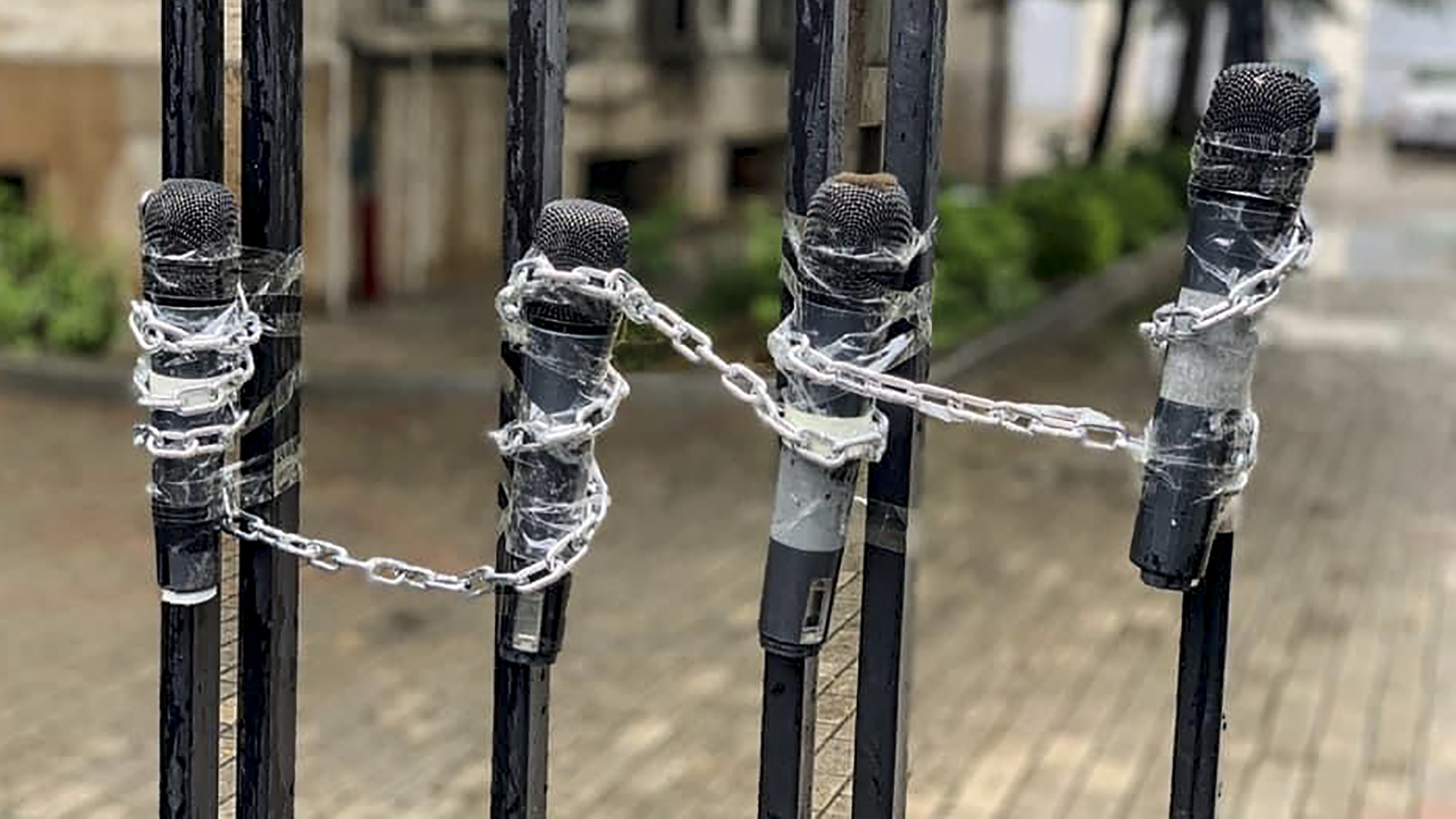
The fragile freedom of the press in Albania
Politics is putting a lid on the media.
"Since Rama's first term, there has been a consistent line with denigrating tones, insulting language, verbal abuse and physical violence [against journalists],"
In 2020, News 24, one of the largest news televisions in Albania, decided to close two shows that were critical of the Edi Rama's government.
The newly elected head of the AMA, Armela Krasniqi, was director of Rama's communications office. Critics consider her closely associated with politics.
"The practice where the news is prepared by the party while the media just broadcasts it has destroyed the role of the journalist as an independent reporter and has severely undermined democracy in the country."
Koloreto Cukali.
Isa Myzyraj
Isa Myzyraj is a journalist in Albania, currently working for the television chain Ora News and for the portal Historia ime, where he covers current events in the country, region and the world related to human rights violations. He completed his studies in Political Science at the University Aleksandër Moisiu in Durrës, Albania.
This story was originally written in Albanian.